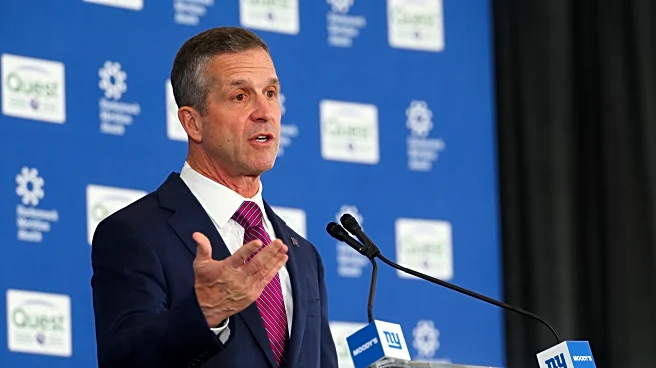Rapid Read • 7 min read
Kroger has announced the permanent closure of its Fred Meyer store located on East Hill in Kent, Washington, scheduled for October. The decision is attributed to rising theft and a challenging regulatory environment that has made the store financially unviable. The closure will affect 203 employees, with Kroger offering positions at other locations. This move is part of a broader strategy to close stores in low-sales areas and open new ones in potentially high-sales regions. The union representing the workers, UFCW 3000, has expressed concerns about the impact on food access for working-class communities.
AD
The closure of the Kent Fred Meyer store highlights significant issues in retail operations, including theft and regulatory pressures. This decision may lead to food deserts in affected areas, impacting local communities' access to affordable groceries. The move also reflects broader trends in the retail industry, where companies are reevaluating store locations based on profitability and market conditions. The union's response underscores the tension between corporate strategies and community needs, raising questions about the balance between business interests and social responsibility.
Kroger and the union will engage in negotiations to address the changes and ensure employees are relocated to equivalent positions. The union plans to prioritize policies that enhance food access in future discussions with Kroger and Albertsons. Local leaders may face pressure to implement measures that mitigate the impact of store closures on communities. Additionally, Kroger's strategy could influence other retailers to reassess their operations in similar low-sales areas.
The closure raises ethical considerations about corporate responsibility and the social impact of business decisions. It highlights the need for policies that support vulnerable communities and ensure equitable access to essential services. The situation may prompt discussions on how companies can balance profitability with community welfare, especially in areas facing economic challenges.
AD
More Stories You Might Enjoy












